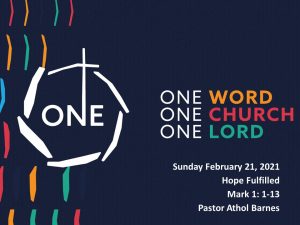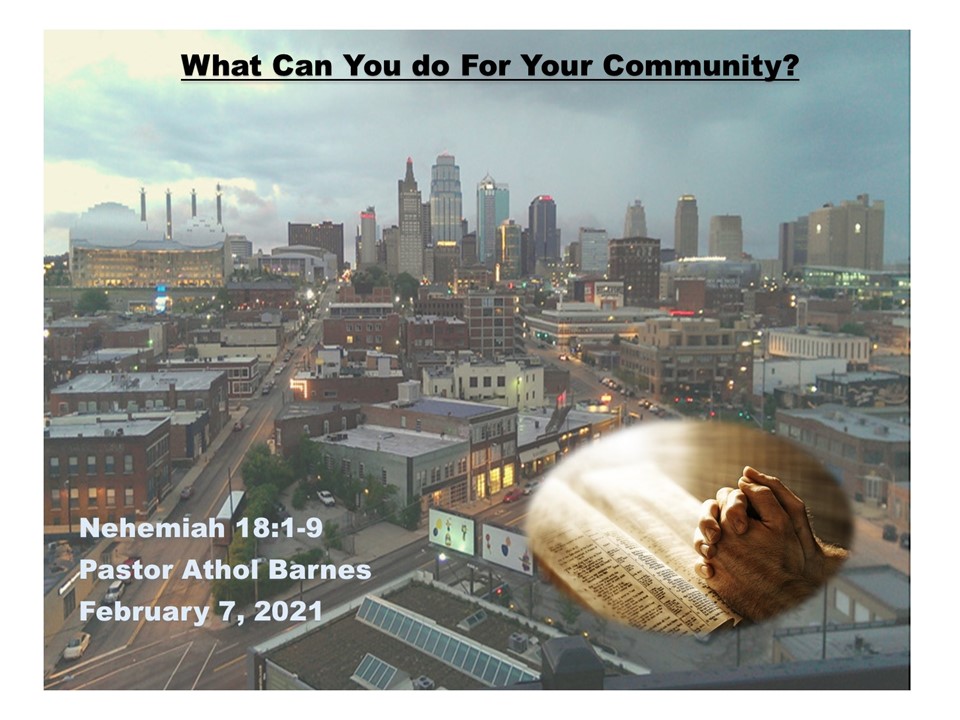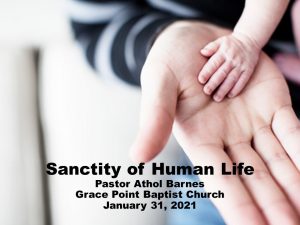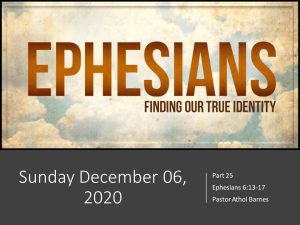
Exodus 3:1-15
Can you remember a time when God really revealed himself to you? When you felt God directing your path and giving you a commission? Do you know what it means to follow him and listen to his leading and direction?
In Exodus chapter 3, we read about the call of an 80-year-old fugitive by the name of Moses. Moses had known the heights of the power of the king of Egypt. He was raised and educated in pharaoh’s household, he had power and recognition, but in a fit of rage killed and Egyptian and had to flee Egypt.
Moses spent 40 years in the land of Midian, serving as a shepherd for his father-in-law. He was a broken man, willing to live out his days in insignificance. But God called him, God appointed him, and God commissioned him because God had prepared him.
God speaks to Moses from a burning bush on mount Horeb, also known as mount Sinai, the place where he would later receive the Ten Commandments. This is one of the most holy of mountains in the Bible.
Moses is routinely tending his sheep and suddenly, he sees a bush that is on fire. This bush is on fire, but it seems as though the the bush is not being consumed. As Moses turns aside, God begins to speak to him.
We should always be looking for the supernatural in the mundane. We often miss the call of God because we are so busy going about our routines that we miss the burning bush, the sign of the supernatural (Psalm 19:1-2).
As God called him, Moses responded by saying “Here I am” (Exodus 3:4). When God calls you, how do you respond? Do you respond with, “here I am”, or do you pretend not to hear?
God warns Moses not to come too close and to take off his shoes (Exodus 3:5). Moses was humbled and worshipped God in wonder, this is the true beginning of Christian service. God uses people who humble themselves before Him.
God repeats an important message to Moses (Exodus 3:7 & 9). God sees the suffering of His people. This is such a wonderful encouragement. In the last verse of chapter 2 we read, “God saw the people of Israel, and God knew”. If you ever feel that your actions, your works, your struggles are unseen, be assured that our Father in Heaven sees. This is one of the foundational promises of the Bible.
“I have seen … I have heard their cry … I know … I have come down!” What a message of grace! You might be crying out to God and wondering if He hears or sees. Nothing is outside of the sight of God; this is a promise you can be sure of. God is the God who sees and the God who delivers His people.
God called Moses to be the one to deliver the children of Israel from Egypt and Moses is understandably resistant. He was not expecting the assignment and he would rather not sign up for this mission. God had called Moses to a seemingly impossible task.
We must always remember that God is never going to call us to do something that we can do in our own strength. God wants to display His glory and power through us. We see this in verse 8, “and I have come down to deliver them out of the hand of the Egyptians”
God invited Moses to be a part of what He was about to do. God doesn’t need us, He invites us to be a part of what He already plans to do.
As Moses begins to resist God’s call, God gives him that incredible Bible promise, “But I will be with you…” The inadequacy of Moses is countered by the promise of the power of the almighty God. Remember, however inadequate you may feel, you and God are always the majority.
As Moses considers this, it leads to his next problem,who is the God of Abraham?
The Egyptians worshipped many gods, and the God of Abraham would be just one among many. God responds in verse 14, “God said to Moses, “I am who I am.” And he said, “Say this to the people of Israel: ‘I am has sent me to you.’”
Up to this point in the Bible, God has been called in Hebrew, “Elohim”, meaning God. But now God says, “I am WHO I am.” The words “I am” are interchanged with the Hebrew name, “Yahweh”. God said at the end of verse 14, “I AM has sent me to you”
From this time onwards God is known by this statement, “I am Yahweh”. A name that means so much and is so holy that most Hebrew people would be afraid to even whisper it. God said to Moses, I am Yahweh.
God said to Moses and He says to us, I am wherever you are, and I always will be.
What a promise for Moses as he considered the call of God on his life. This applies to all Christians. Every person who has given their life to the Lordship of Jesus has a mission and a calling. It may be to your workplace, your neighborhood, childcare ministry, youth ministry, across the states or to another nation. God’s name is Yahweh, I AM with you.
Moses kept on making excuses, denying the call of God. Have you ever made excuses when God calls you? We say things like, I am too old, I am poor, I am uneducated, I don’t speak well, I am too shy, I am too sickly, I am…, I am…, I am….
Notice how we focus on ourselves when we make excuses, and God emphatically responds, I AM WHO I am.
We need to repent of the excuses and submit ourselves to the perfect plan of God for our lives. What is God calling you to do today?










